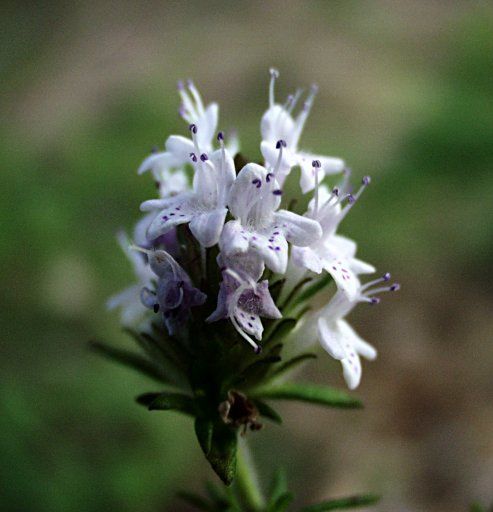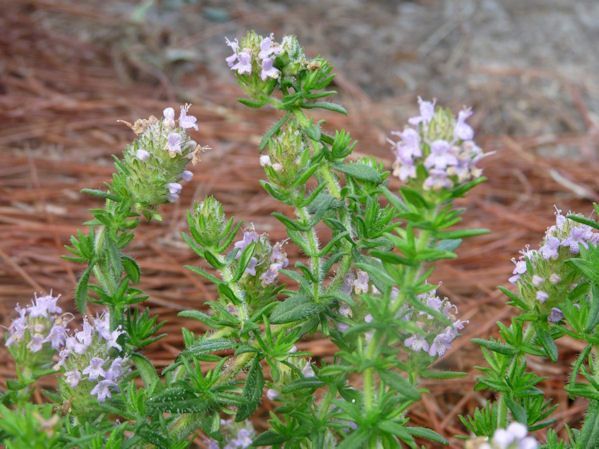FNPS Plant Database
Piloblephis rigida
Nomenclature
Common Name:
Synonym(s):
Genus species:
Family:
Lamiaceae (Labiatae)
Plant Specifics
Form:
Size:
Life Span:
Long-lived perennial
Flower Color:
Fruit Color:
Phenology:
Noted For:
Landscaping
Recommended Uses:
Considerations:
Availability:
Propagation:
Light:
Moisture Tolerance:
Always Flooded---------------------------------Extremely Dry
□□□□□□□□□□□□□□□□□□□□□□□□■■■■■■■■■■■■□□□□□□
Not wet but not extremely dry -to- Somewhat long very dry periods
Salt Water Flooding Tolerance:
Unknown
Salt Spray/Salty Soil Tolerance:
Low/no tolerance of salty wind or direct salt spray
Soil or Other Substrate:
Sand
Soil pH:
Suitable to Grow In:
9A,9B,10A,10B

USDA zones are based on the average annual extreme minimum winter temperature.
Don't know your zone? Click here to search by zip code.
Vouchered In:
Ecology
Wildlife:
Attracts butterflies and bees (Florida Wildflower Foundation Blog). Documented bee visitors include Agapostemoiz splendens, Augochlorella aurata, Dialictus miiziatulus, D. Nyinphalis and Megachile brevis pseudobrevis (Deyrup et al. 2002).
Native Habitats:
Comments:
Ethnobotany:
General Comments:
Citations:
BONAP Plant Atlas. (2014). Range Map: Piloblephis rigida. ( https://bonap.net/MapGallery/County/Piloblephis%20rigida.png ). Accessed 2026. Biota of North America Program, Chapel Hill, NC.
Florida Wildflower Foundation. (2025). Flower Friday: Wild Pennyroyal. ( https://www.flawildflowers.org/flower-friday-piloblephis-rigida/ ). Accessed 2026. Florida Wildflower Foundation, Maitland, FL.
Gann, G.D, C.J. Abbott, C.G. Stocking, K.N. Hines, and collaborators. (2001+). Natives For Your Neighborhood. ( https://www.regionalconservation.org/beta/nfyn/plantdetail.asp?tx=Pilorigi ). Accessed 2026. The Institute for Regional Conservation. Delray Beach, FL.
Haehle, Robert G. and Joan Brookwell. (1999). Native Florida Plants. Gulf Publishing Company. Houston, TX.
Huegel, Craig N. (2012). Native Wildflowers and Other Ground Covers for Florida Landscapes. University Press of Florida, Gainesville, FL.
Nelson, Gil. (2003). Florida's Best Landscape Plants: 200 Readily Available Species for Homeowners and Professionals. University Press of Florida, Gainesville, FL.
Osorio, Rufino. (2001). A Gardener's Guide to Florida's Native Plants. University Press of Florida, Gainesville, FL.
Traas, Pamela. (2001). Gardening for Florida's Butterflies. Great Outdoors Publishing Co, St. Petersburg, FL.
Wunderlin, R. P, B. F. Hansen, A. R. Franck, and F. B. Essig. (1999+). Atlas of Florida Plants. ( https://florida.plantatlas.usf.edu/ ). [S. M. Landry and K. N. Campbell (application development), USF Water Institute.] Institute for Systematic Botany, University of South Florida, Tampa, FL.










